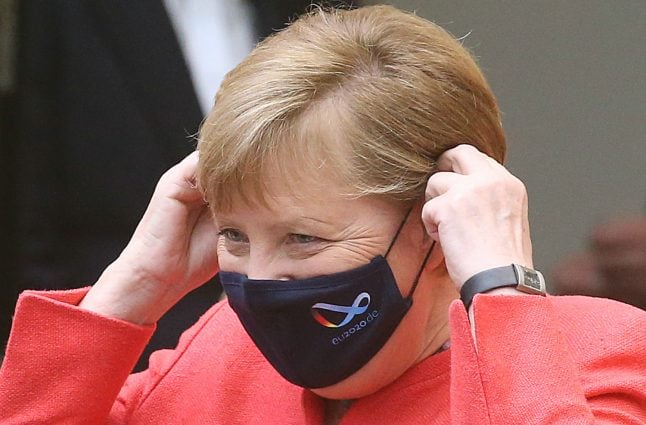Dirk Behrendt of the Green party, who is set to be officially appointed Berlin justice minister on Thursday, wants to make fare-dodging an administrative offence rather than a criminal one, punishable with social work rather than jail time.
Offenders can then be sent to jail if they still refuse to pay a court-ordered fine, or if they have committed other crimes as well. At certain times, up to one third of the prisoners in Berlin jails were fare-dodgers who had refused to pay their fines, according to the magazine.
The Green, Die Linke (Left Party) and Pirate parties have long been pushing for fare-dodging to no longer be punishable with prison time.
But changing the law would require a national reform, and it's not within the coalition agreement of the new Berlin government to put forward such a change, according to Tagesspiegel.
“There are around 400 people who are serving time in prison… because they did not pay a fine,” Behrendt told the Berliner Morgenpost on Tuesday, adding that many of these people are fare-dodgers.
“These are people who actually do not belong in prison.”
Behrendt’s idea is that instead of going to jail, fare-dodgers would do social work, like helping to clean up or renovate schools, using the motto “sweating instead of sitting”, Tagesspiegel reports.
This in turn would also free up jails and lessen the burden on courts, argues Behrendt.
“If we could take around 200 of these people out of prison, then we would have more space.”



 Please whitelist us to continue reading.
Please whitelist us to continue reading.
Member comments